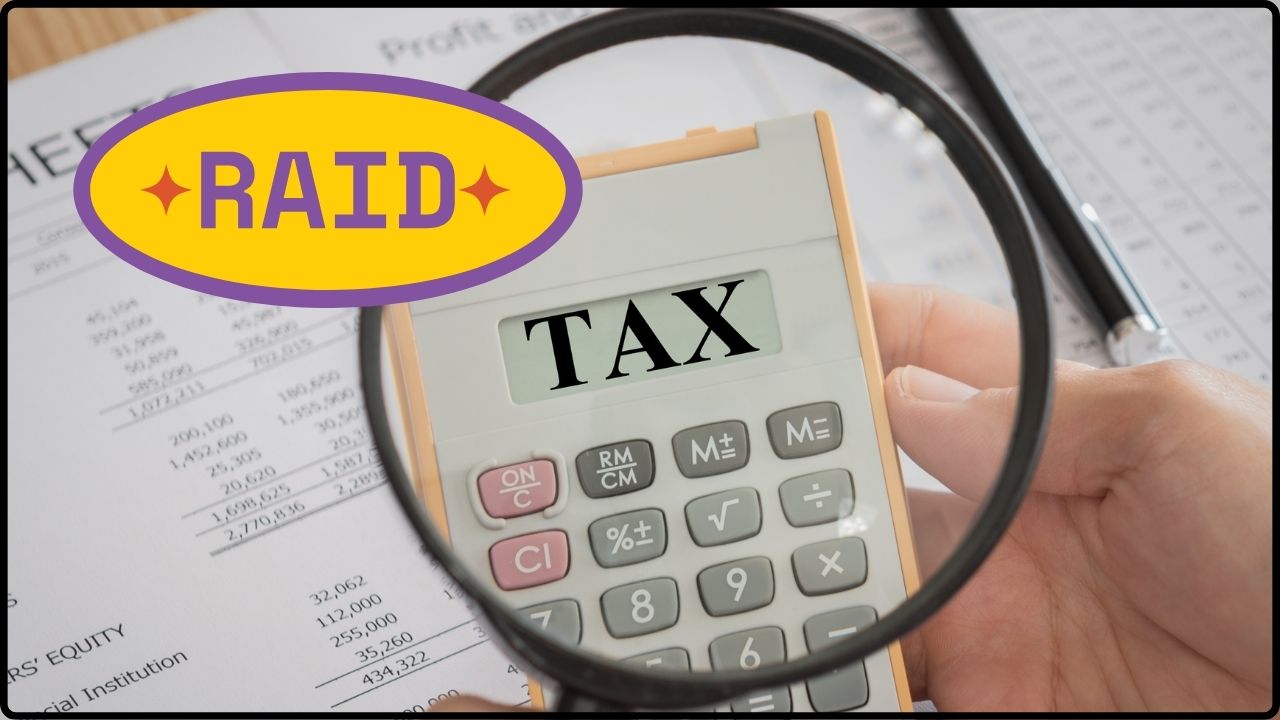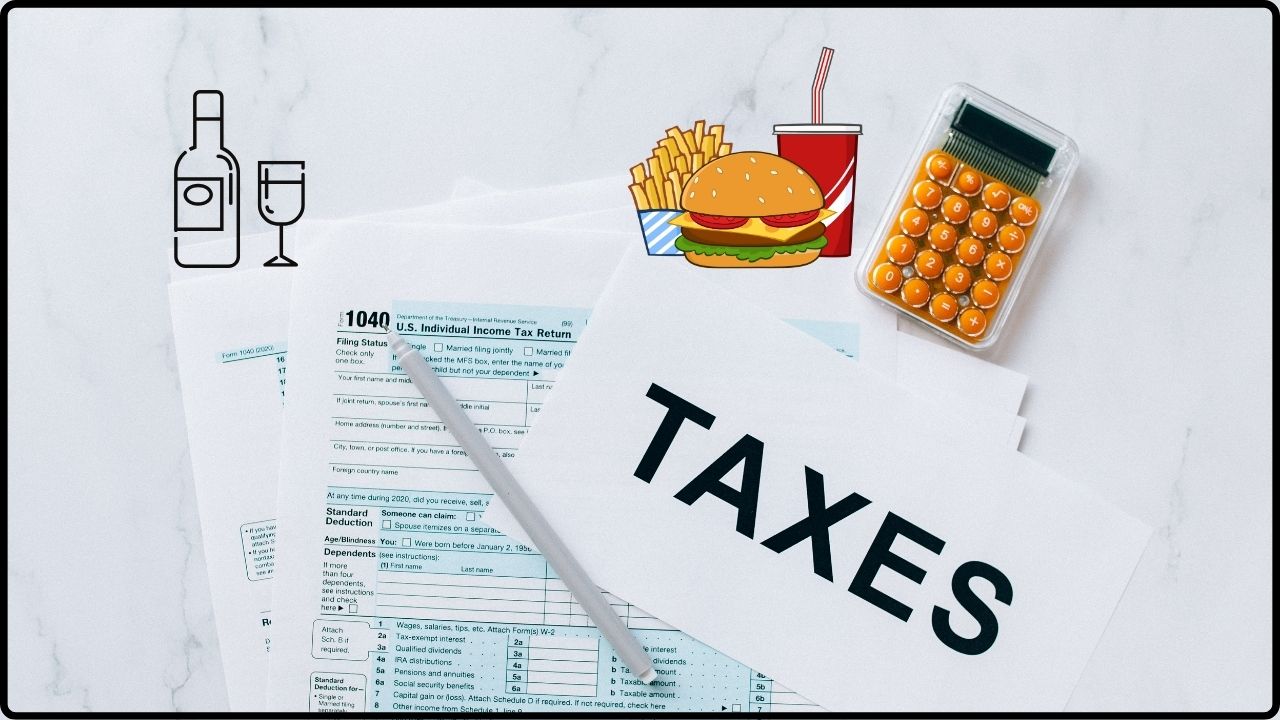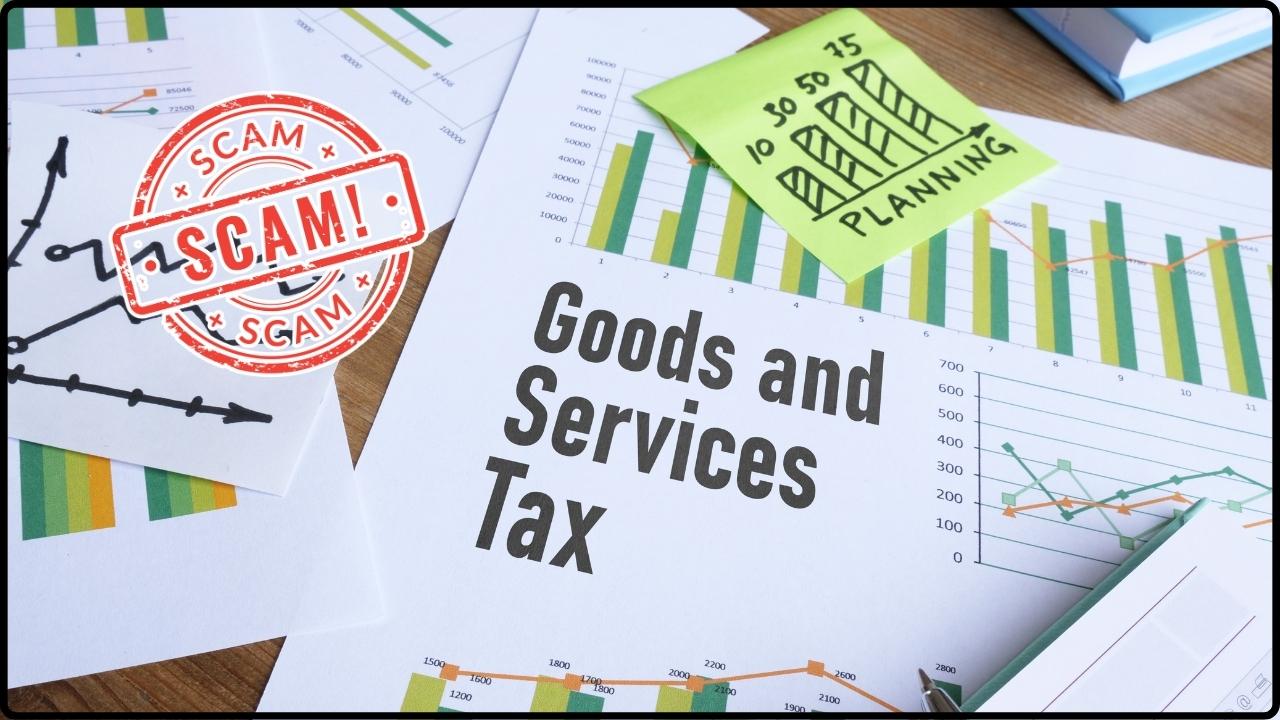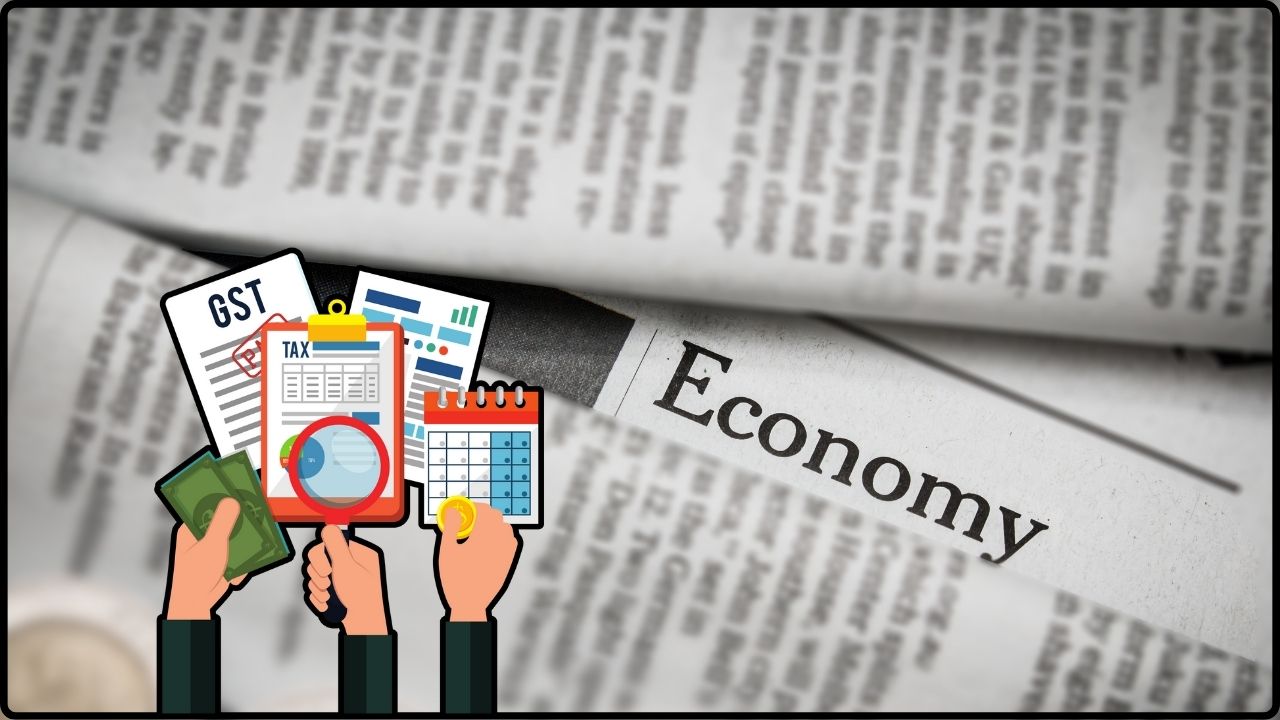Qatar Customs Cracks Down: When it comes to keeping borders safe, Qatar Customs has been stepping up in a big way. In July 2025, officials announced a series of major drug busts and fraud seizures—a clear message that smugglers and tax evaders won’t be getting a free pass. From narcotics to counterfeit goods, the Gulf nation’s customs teams are cracking down harder than ever, using both old-school vigilance and next-gen tech to spot shady activity. This isn’t just about Qatar—it’s a story that impacts global trade, international security, and the daily lives of regular folks. Whether you’re a business owner importing goods, a traveler passing through Doha Airport, or just curious about how borders are kept secure, this crackdown has lessons for all of us.
Qatar Customs Cracks Down
The Qatar Customs crackdown on drugs and fraud is a powerful reminder of how global security, consumer safety, and business integrity all connect. By combining tech innovation with human vigilance, Qatar is proving that even small nations can play a huge role in the fight against organized crime. For everyday people, the advice is simple: buy smart, stay alert, and appreciate the hard work happening behind the scenes to keep borders safe.

| Aspect | Details |
|---|---|
| Timeframe | July 2025 |
| Focus Areas | Narcotics, fraud, tax evasion, intellectual property violations |
| Seizures | Large amounts of synthetic drugs (meth, tramadol, Captagon) & counterfeit goods |
| Tech Involved | AI-powered scanners, risk profiling systems, advanced cargo inspections |
| Global Context | Smuggling routes increasingly target Gulf hubs like Doha |
| Official Reference | General Authority of Customs, Qatar |
Why Qatar Customs Is Making Headlines?
Qatar has grown into a major hub for trade, travel, and business. With millions of travelers passing through Hamad International Airport each year and ports handling everything from electronics to luxury cars, the risk of smugglers sneaking in illicit goods is always high.
According to reports, Qatar’s Customs Authority is dealing with:
- Drug trafficking: Seizures include tramadol, Captagon, Lyrica, and methamphetamine.
- Fraud and scams: Fake documents, falsified invoices, and tax evasion attempts.
- Counterfeit goods: Knockoff electronics, fake designer bags, and pirated medicine.
This reflects a global challenge. INTERPOL warns that counterfeit medicine and synthetic drugs are among the fastest-growing black-market industries worldwide.
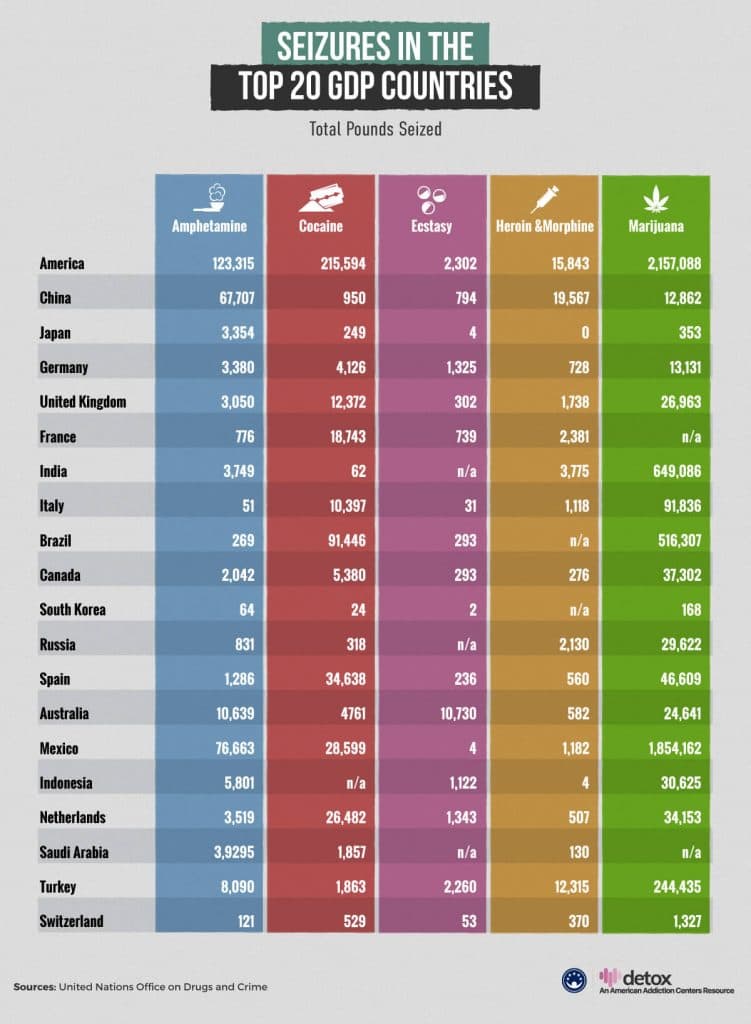
A Look Back: Historical Seizures in Qatar
Qatar’s customs success isn’t new—it has a track record of big busts:
- 2019: Authorities intercepted over 2 million counterfeit pills at Hamad International Airport.
- 2021: Seizure of 17kg of hashish hidden inside food products (Gulf Times).
- 2023: 2,500 prescription painkillers hidden in cereal boxes.
- 2024: Major crackdown on luxury counterfeit watches and electronics, worth millions of dollars.
This shows a clear pattern: smugglers constantly adapt, but so do customs officials.
Qatar Customs Cracks Down: How Customs Catches Smugglers
Think of customs enforcement like fishing—you need good nets, sharp eyes, and patience. Qatar Customs uses a mix of human expertise and cutting-edge tools to stay ahead.
The Human Factor
- Trained officers notice unusual travel patterns or cargo manifests.
- A sharp-eyed officer can detect nervous behavior or luggage that feels “off.”
Tech at Work
- AI-powered scanners detect chemical traces in luggage and cargo.
- Risk profiling systems highlight shipments with red flags.
- Automated cargo inspections let authorities scan thousands of containers quickly.
This mix explains Qatar’s success in seizing drugs before they enter the streets.
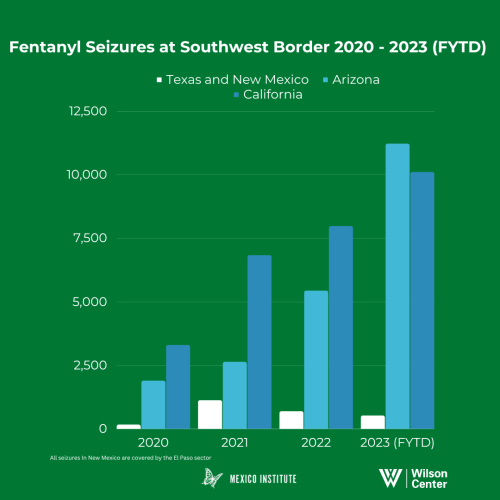
Case Study: Cereal Box Smuggling Attempt
In late 2023, smugglers tried hiding painkillers inside cereal boxes shipped through Doha. Officials grew suspicious when X-ray scans revealed “dense objects” inconsistent with cereal. Upon opening, they found thousands of pills.
This case highlights how creative smugglers get—and why customs needs to be one step ahead.
Why Should Everyday People Care?
This isn’t just about border security—it affects daily life:
- Public health: Fake drugs can be deadly. Counterfeit antibiotics worsen resistance problems.
- Economics: Tax evasion robs billions from schools, hospitals, and infrastructure.
- Business protection: Genuine brands lose revenue when counterfeits flood markets.
Imagine buying a cheap charger online that sets your house on fire. That’s how real these risks are.
Step-by-Step Guide: How to Stay Safe and Compliant
Whether you’re a business owner importing goods or a traveler carrying personal items, follow these steps:
For Travelers
- Carry prescriptions for all meds.
- Avoid carrying goods for strangers, even friends of friends.
- Declare honestly at customs checkpoints.
For Businesses
- Verify suppliers with proper trade licenses.
- Check barcodes & serial numbers against official customs apps.
- Maintain proper invoices to avoid fraud suspicions.
- Train staff in spotting counterfeit products.
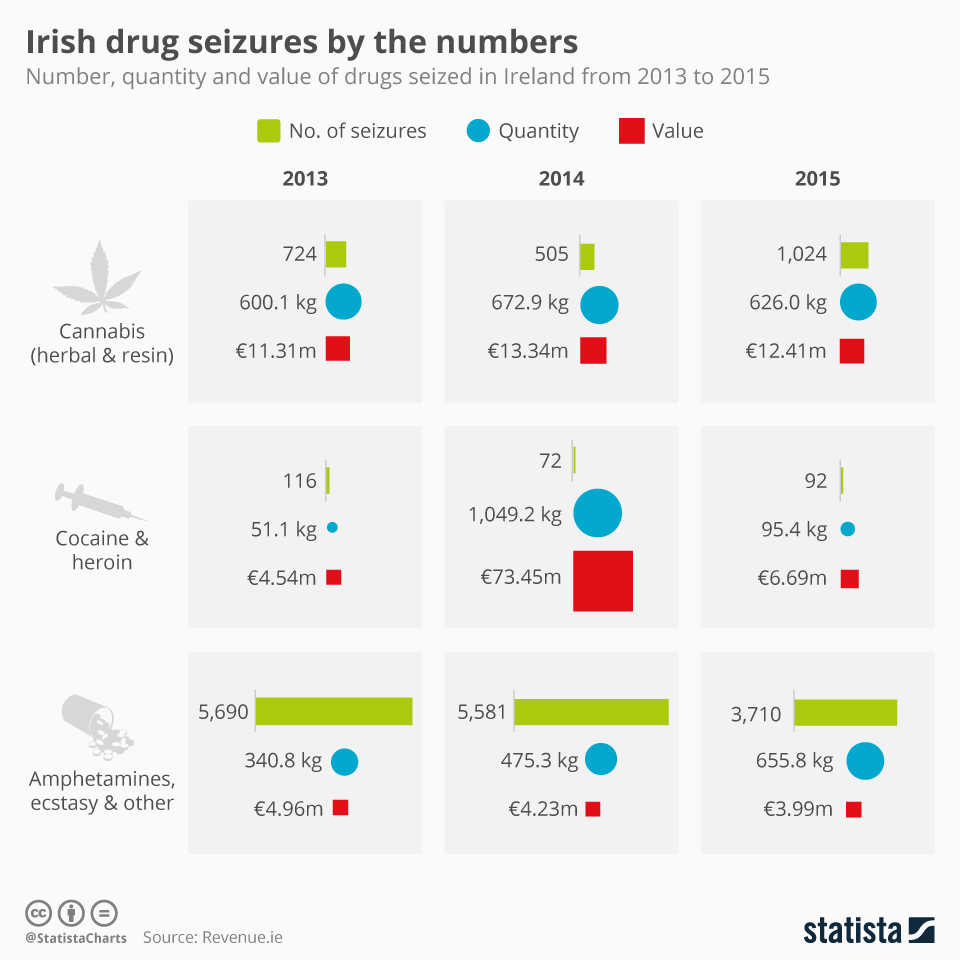
The Global Picture: How Qatar Fits In
Smuggling networks don’t respect borders. That’s why Qatar works with international partners:
- United States: U.S. Customs & Border Protection (CBP) uses canine units, AI profiling, and joint ops with DEA.
- European Union: Strong emphasis on counterfeit fashion, electronics, and luxury goods.
- Middle East: Saudi Arabia and the UAE focus heavily on synthetic drug routes.
Compared globally, Qatar’s tech-first approach and rapid modernization stand out in the region.
The Future of Customs Enforcement: Where Qatar Is Heading
Customs isn’t just about catching today’s smugglers—it’s about staying ahead of tomorrow’s threats. As trade grows more digital and global supply chains get more complex, criminals are also getting smarter. Here’s where Qatar is heading:
1. AI and Predictive Analytics
Instead of waiting for suspicious cargo, customs systems are moving toward predicting risk before it happens. By analyzing trade data, shipping patterns, and traveler histories, AI can flag shipments that “look wrong” long before they reach a border checkpoint.
2. Blockchain for Trade Transparency
Qatar is exploring blockchain-based systems that track goods from the manufacturer to the consumer. This makes it nearly impossible to alter invoices, fake origins, or smuggle goods under fraudulent paperwork.
3. Regional Cooperation
The Gulf states are building stronger customs networks, sharing intelligence on smuggling routes. This means a shipment flagged in Saudi Arabia could trigger checks in Qatar instantly.
4. Training and Capacity Building
Future enforcement isn’t just about tech—it’s about people. Qatar is investing in training customs officers in cybersecurity, digital fraud detection, and AI tools, so they’re prepared for both physical and digital smuggling attempts.
5. Public-Private Partnerships
Governments alone can’t stop smuggling. Qatar is pushing businesses, shipping companies, and even consumers to be part of the solution. The idea is simple: if everyone in the supply chain plays fair, smugglers have nowhere to hide.
Why This Matters for You?
For professionals, this means career opportunities in compliance, logistics, AI, and customs law are expanding. For everyday people, it means safer products, cleaner supply chains, and fewer chances of accidentally buying dangerous counterfeits online.
The Economics of Smuggling
Why do smugglers risk it? Simple: the money is massive.
- The UN Office on Drugs and Crime (UNODC) estimates global drug trafficking generates over $320 billion annually.
- Counterfeit goods contribute another $500 billion annually, according to the OECD.
Qatar is a transit point on these billion-dollar routes. That’s why enforcement is so crucial.
Impact on Careers and Professionals
This crackdown has ripple effects across careers:
- Customs Officers & Law Enforcement: More jobs in border security, training, and intelligence.
- Compliance Professionals: Growing demand for trade compliance managers in logistics firms.
- Pharmaceutical & Retail Brands: Need experts to fight counterfeit infiltration.
- Technology Careers: AI, machine learning, and cybersecurity professionals play a bigger role in customs operations.
For students, this means future careers in cybersecurity, AI, customs law, and compliance auditing are opening up rapidly.
Qatar’s Push Toward Smart Customs
Qatar isn’t just reacting; it’s investing in the future:
- Digital tracking systems for cargo.
- AI-based predictive models to forecast smuggling trends.
- Training partnerships with international organizations like the World Customs Organization (WCO).
This ensures Qatar isn’t just fighting today’s smuggling methods but preparing for tomorrow’s.
Madras HC Orders Reconsideration of 3-Year-Old Customs Duty Drawback Recovery Case
Raymond Apparel Wins Big: Calcutta HC Upholds ₹7.98 Crore Customs Refund After Protest
Massive GST Scam In Nepal Exports – Tiles And Auto Parts Dealers Under Fire


